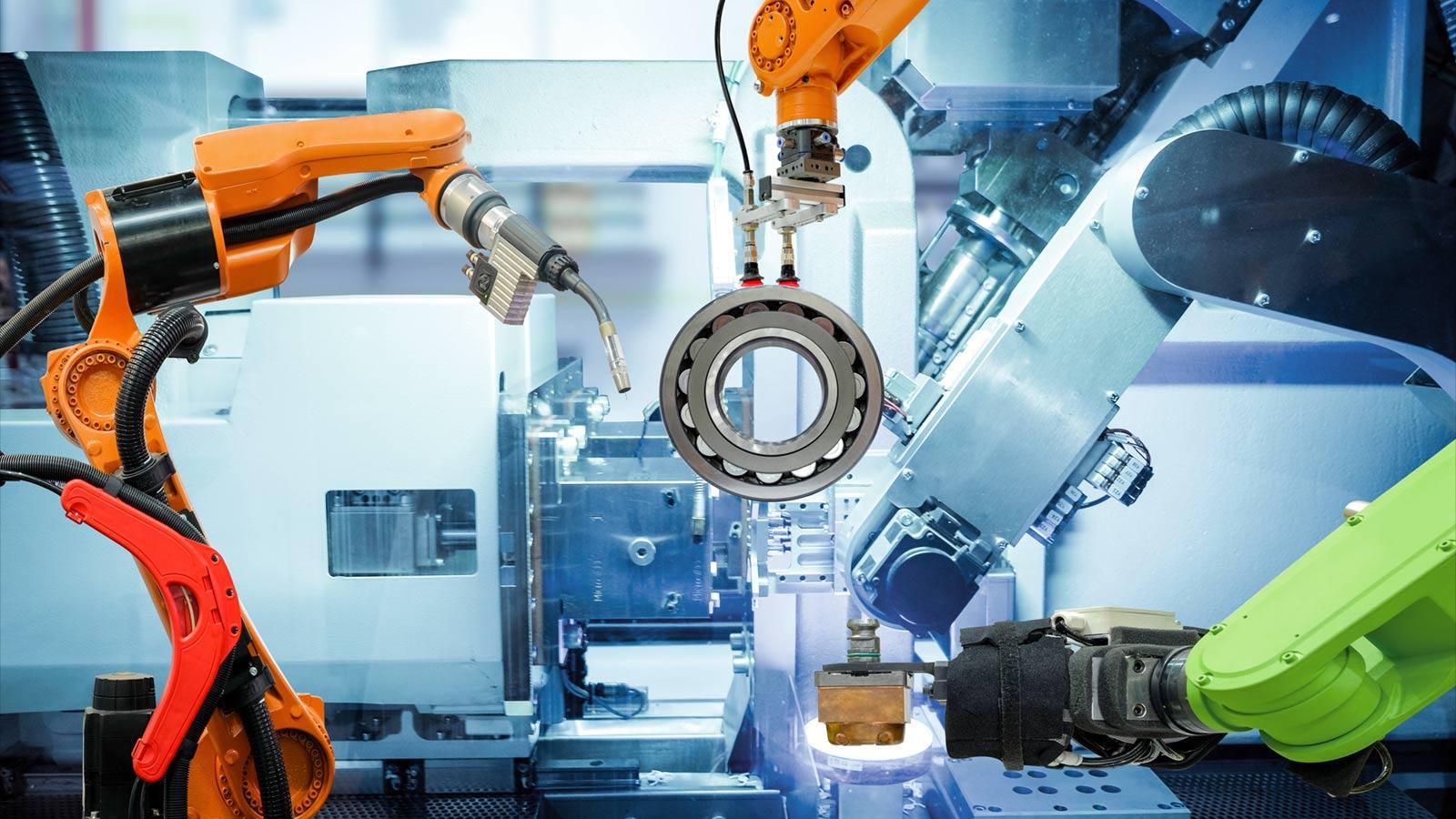Key Players and Mechatronics and Robotics Courses Market Overview | 2032

A deeper analysis of the market yields several crucial Mechatronics and Robotics Courses Market Insights that reveal the nuanced shifts occurring within the educational landscape. The Mechatronics and Robotics Courses Market size is projected to grow to USD 13.7 Billion by 2032, exhibiting a CAGR of 11.68% during the forecast period 2022 - 2032. One of the most significant insights is the decisive move away from purely theoretical, discipline-specific education towards a more integrated, interdisciplinary, and project-based learning paradigm. Employers are no longer seeking engineers who are just experts in mechanics or electronics; they need systems-level thinkers who can understand and manage the complex interplay between hardware and software. This insight reveals that the most successful and sought-after courses are those that break down traditional departmental silos and structure their curriculum around hands-on, team-based projects that mimic real-world engineering challenges. Students are tasked with designing and building a complete mechatronic system from the ground up, forcing them to apply principles from multiple disciplines. This pedagogical shift is a direct response to industry demand and is a key indicator of a maturing educational market.
Another critical insight is the rising importance and market value of industry-recognized certifications, which are increasingly seen as a vital complement, and in some cases an alternative, to traditional academic degrees. While a university degree provides a strong theoretical foundation, a certification from a major robotics manufacturer like FANUC or a software provider like Siemens demonstrates specific, practical proficiency with the tools and platforms that are actually being used in the workplace. This insight shows a growing trend of "stackable credentials," where individuals augment their academic qualifications with a portfolio of industry certifications to enhance their employability and earning potential. Educational institutions are recognizing this trend and are increasingly integrating certification preparation into their degree programs, offering students the opportunity to graduate with both a degree and one or more professional credentials. This fusion of academic and vocational training is a defining feature of the modern educational landscape in this field.
A third, more forward-looking insight revolves around the growing emphasis on "soft skills" within mechatronics and robotics curricula. As robots and automated systems become more collaborative and integrated into human teams, the ability to communicate effectively, work in diverse teams, manage projects, and think critically about the ethical implications of automation is becoming just as important as technical proficiency. This insight reveals that leading educational programs are actively incorporating elements of liberal arts, ethics, and project management into their engineering courses. They are using team-based projects not just to teach technical skills, but to cultivate collaboration, problem-solving, and leadership abilities. The understanding that the engineer of the future must be not only a technical expert but also a skilled collaborator and an ethical practitioner is a profound insight that is reshaping the very definition of a quality mechatronics and robotics education and influencing how providers are designing their programs for long-term relevance.
Top Trending Reports -

